Cardiologists prescribe statin medications for the purpose of lowering their patients’ circulating levels of LDL-cholesterol. Statins are generally well tolerated. Lowering LDL-cholesterol concentrations reduces the patients’ risk of heart attack and stroke [Dohlmann 2022].

Large clinical trials show that taking a statin medication can significantly reduce the risk of a first-time cardiovascular event. Statins can lower the risk of hospitalization for heart attack and stroke.
Statin medications inhibit the liver’s synthesis of cholesterol by blocking the action of the HMG-CoQ-reductase enzyme. This enzyme is an enzyme in the mevalonate biological pathway. The statin-induced inhibition of the synthesis of cholesterol is not total. The extent of cholesterol inhibition depends the dose and potency of the individual statin. The cholesterol inhibition also varies according to individual differences in metabolism. Actually, it is a good thing that not all bio-synthesis of cholesterol is blocked. The body needs cholesterol for the structure and functioning of cell membranes, for the production of hormones, and for the synthesis of bile acid.
Note: Mevalonate is a precursor not only for cholesterol but also for Coenzyme Q10. Blocking the mevalonate pathway reduces the body’s synthesis of Coenzyme Q10 in the liver, the kidneys, the heart muscle, the skeletal muscle, etc.
Coenzyme Q10 Essential for ATP Energy Generation in the Heart Muscle
Coenzyme Q10 plays an essential role in the mitochondrial generation of ATP energy. This is especially important in organs with high demands for energy, e.g., the heart muscle, the liver, the skeletal muscle. In a 2013 study enrolling fibromyalgia patients, Cordero et al showed that CoQ10 supplementation significantly increased circulating levels of CoQ10 and ATP [Cordero 2013].
Statin medications result in a decline in circulating CoQ10 concentrations. Decreased levels of CoQ10 may have long-term implications for heart muscle function. The heart muscle cells may not get enough CoQ10 to meet the heart’s ongoing need for energy. Patients on statin medications will need Coenzyme Q10 supplements to protect heart muscle cells [Fedacko 2013].
Coenzyme Q10 and Statin-Induced Muscle Symptoms
In some patients on statin medications, the inhibition of cholesterol bio-synthesis is also associated with muscular side effects ranging from mild muscle pain (myalgia) to the severe muscle dissolution syndrome, rhabdomyolysis. Furthermore, statin use can cause increases in blood glucose levels and is thought to increase somewhat the risk of type 2 diabetes in predisposed individuals [Dohlmann 2022].
The biological mechanisms underlying the statin-induced muscle symptoms are not known. Some studies suggest that statin-associated depleted muscle CoQ10 concentrations and correspondingly impaired mitochondrial function may explain the muscle pain and muscle weakness in some statin patients [Dohlmann 2022; Folkers 1990; Ghirlanda 1993].
The depletion of CoQ10 concentrations in skeletal muscle leads to impaired mitochondrial ATP energy generation and to increased production of harmful free radicals [Dohlmann 2022].
Mitochondrial dysfunction and elevated free radical production are associated with nociceptor activation and with the development of pain. Accordingly, the relationship between statin use and depleted muscle CoQ10 concentrations and mitochondrial dysfunction and muscle pain and weakness is plausible [Dohlmann 2022].
Studies of Co-Administration of Statins and CoQ10 Inconsistent
Investigations of the effect of the co-administration of statin medications and CoQ10 supplements on muscle pain and weakness have given mixed results. Some studies have reported no beneficial effects of the CoQ10 supplementation. Other studies have shown reduced symptoms of myalgia [Dohlmann 2022].
Ahmad 2024 systematic review
Based on data from one meta-analysis and four randomized controlled trials conducted between 2010 and 2023 and involving a total of 800 patients, Ahmad et al observed significant improvement in statin-induced musculoskeletal symptoms [Ahmad 2024].
Raizner & Quinones 2021 review
In the 2021 JACC Study Seminar on cardiovascular diseases, Raizner & Quinones reported that numerous clinical trials of CoQ10 in statin-induced muscle symptoms patients have yielded conflicting results. Even so, Raizner & Quinones asserted that the weight of evidence as reflected in meta-analyses supports the use of exogenous CoQ10 in cases of statin-induced muscle symptoms [Raizner & Quinones 2021].
Qu 2018 meta-analysis
Qu et al conducted a 2018 meta-analysis of the data from 12 randomized controlled trials enrolling a total of 575 patients (294 patients in the CoQ10 group and 281 patients in the placebo group). They showed that, compared with placebo, CoQ10 supplementation significantly ameliorated statin-associated muscle symptoms such as muscle pain, muscle weakness, muscle cramp, and muscle tiredness. The researchers concluded that CoQ10 supplementation significantly reduced statin-associated muscle symptoms [Qu 2018].
Conclusion: CoQ10 and Statin-Associated Muscle Symptoms
Some studies indicate that CoQ10 supplementation may alleviate statin-induced myalgia; however, the evidence is not consistent across all research.
Without a doubt, the use of statin medications does inhibit the endogenous synthesis of CoQ10. Adequate CoQ10 status is essential for good heart health.
It seems advisable to supplement patients on statin medications with 200-300 mg of CoQ10 daily [Mortensen 2014, Alehagen 2022].
CoQ10 supplements are safe, effective, and affordable.
However, cheap and poorly formulated CoQ10 supplements do not give much bio-availability.
Therefore, it is important to find and buy a CoQ10 supplement with scientifically documented absorption and bioavailability [Lopez-Lluch 2019; Mantle & Dybring 2020].
References
Ahmad K, Manongi NJ, Rajapandian R, Moti Wala S, Al Edani EM, Samuel EA, Arcia Franchini AP. Effectiveness of Coenzyme Q10 supplementation in statin-induced myopathy: a systematic review. Cureus. 2024 Aug 31;16(8):e68316.
Alehagen U, Johansson P, Svensson E, Aaseth J, Alexander J. Improved cardiovascular health by supplementation with selenium and coenzyme Q10: applying structural equation modelling (SEM) to clinical outcomes and biomarkers to explore underlying mechanisms in a prospective randomized double-blind placebo-controlled intervention project in Sweden. Eur J Nutr. 2022 Sep;61(6):3135-3148.
Cordero MD, Cano-García FJ, Alcocer-Gómez E, De Miguel M, Sánchez-Alcázar JA. Oxidative stress correlates with headache symptoms in fibromyalgia: coenzyme Q₁₀ effect on clinical improvement. PLoS One. 2012;7(4):e35677.
Dohlmann TL, Kuhlman AB, Morville T, Dahl M, Asping M, Orlando P, Silvestri S, Tiano L, Helge JW, Dela F, Larsen S. Coenzyme Q10 supplementation in statin treated patients: a double-blinded randomized placebo-controlled trial. Antioxidants (Basel). 2022 Aug 29;11(9):1698.
Fedacko J, Pella D, Fedackova P, Hänninen O, Tuomainen P, Jarcuska P, Lopuchovsky T, Jedlickova L, Merkovska L, Littarru GP. Coenzyme Q10 and selenium in statin-associated myopathy treatment. Can J Physiol Pharmacol. 2013 Feb;91(2):165-70.
Ghirlanda G, Oradei A, Manto A, Lippa S, Liccioli L. Evidence of plasma CoQ10-lowering effect by HMG CoA Reductase Inhibitor: double-blind placebo control study. J Clin Pharmacol. 1993;33:226-229.
López-Lluch G, Del Pozo-Cruz J, Sánchez-Cuesta A, Cortés-Rodríguez AB, Navas P. Bioavailability of coenzyme Q10 supplements depends on carrier lipids and solubilization. Nutrition. 2019 Jan;57:133-140.
Mantle D, Dybring A. Bioavailability of Coenzyme Q10: An overview of the absorption process and subsequent metabolism. Antioxidants (Basel). 2020 May 5;9(5):386.
Mortensen SA, Rosenfeldt F, Kumar A, Dolliner P, Filipiak KJ, Pella D, Alehagen U, Steurer G, Littarru GP. The effect of coenzyme Q10 on morbidity and mortality in chronic heart failure: results from Q-Symbio: a randomized double-blind trial. JACC Heart Fail. 2014 Dec;2(6):641-9.
Qu H, Guo M, Chai H, Wang WT, Gao ZY, Shi DZ. Effects of Coenzyme Q10 on statin-induced myopathy: an updated meta-analysis of randomized controlled trials. J Am Heart Assoc. 2018 Oct 2;7(19):e009835.
Raizner AE, Quiñones MA. Coenzyme Q10 for patients with cardiovascular disease: JACC Focus Seminar. J Am Coll Cardiol. 2021 Feb 9;77(5):609619.
The information presented in this review article is not intended as medical advice. It should not be used as such.


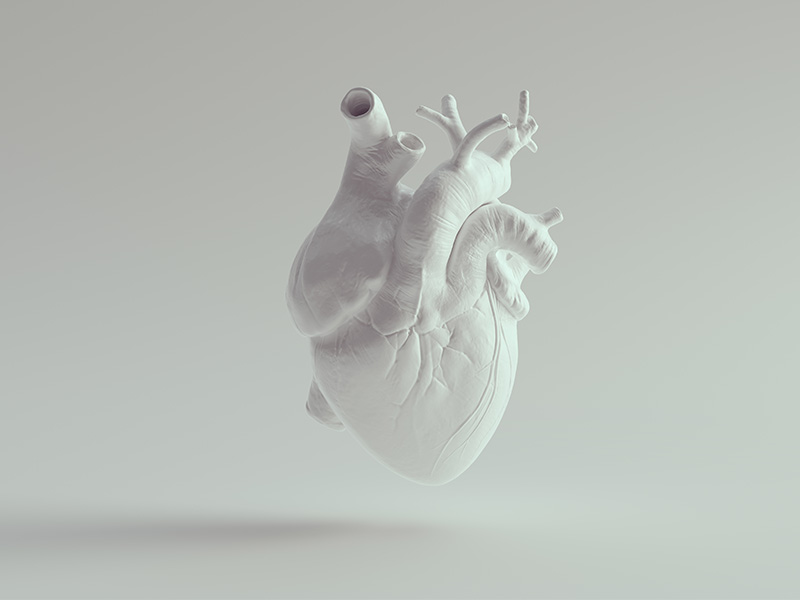
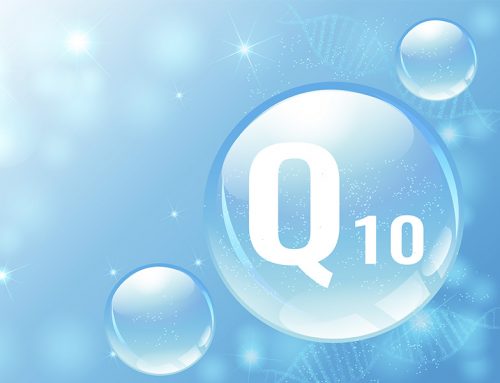

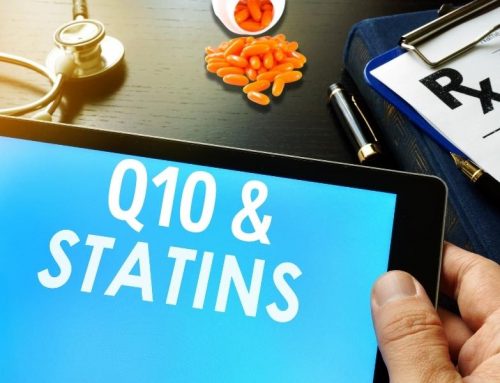
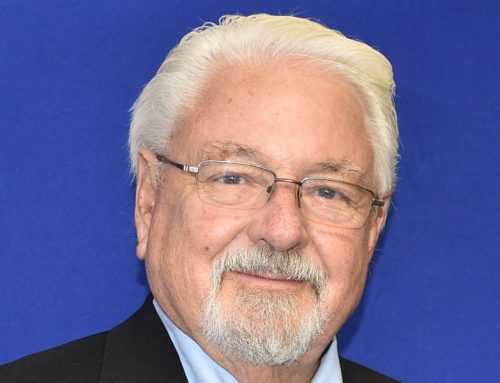
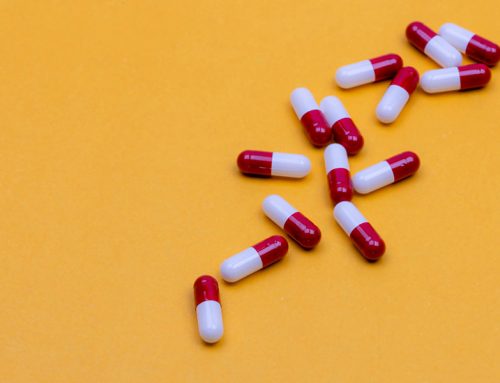
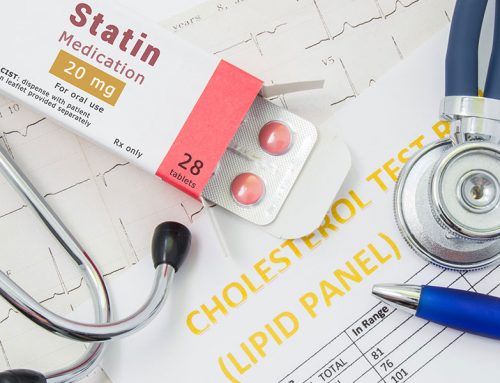
Leave A Comment